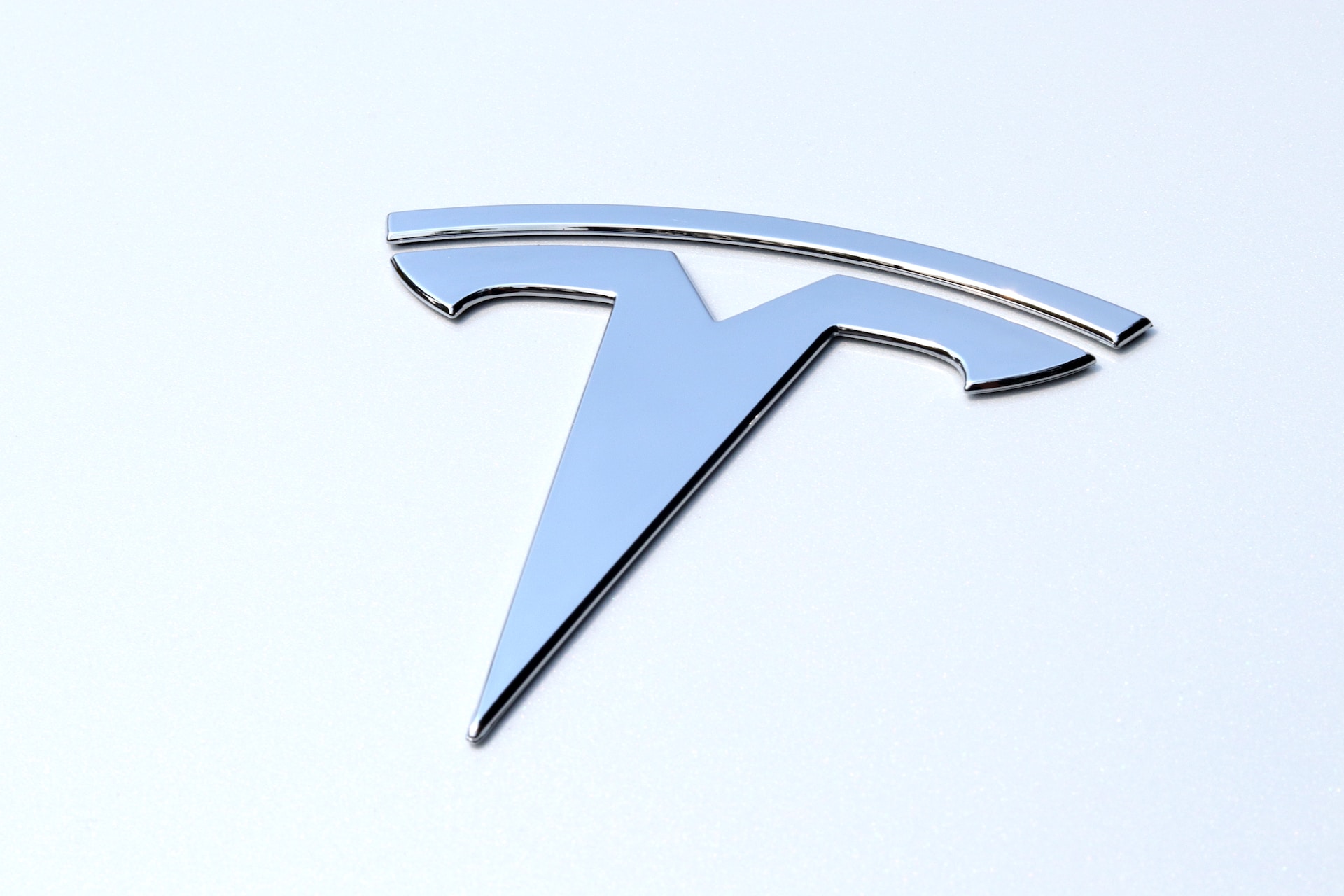Tesla, the electric car maker, has long been associated with high-end luxury cars that were out of reach for many consumers. However, recent reports suggest that the company is shifting its focus away from luxury models to dominate the electric vehicle (EV) market.
In the past, Tesla was known for its high-end electric vehicles such as the Model S, Model X, and Model Y. These cars were priced at a premium and catered to a niche market of wealthy buyers. While Tesla’s luxury vehicles have been praised for their advanced technology, sleek design, and impressive performance, they have also faced criticism for their high price tags, limited range, and lack of practicality for everyday use.
However, in recent years, Tesla has been shifting its focus to more affordable EVs. In 2017, the company introduced the Model 3, which was aimed at the mass market. Priced at around $35,000, the Model 3 was significantly cheaper than Tesla’s previous models and quickly became one of the best-selling EVs in the world.
Since then, Tesla has continued to expand its lineup of affordable electric vehicles. In late 2020, the company introduced the Model Y, a more affordable SUV that shares many components with the Model 3. Tesla has also announced plans to introduce a compact car, the Model 2, in the near future.
This shift towards more affordable EVs is part of Tesla’s strategy to dominate the electric vehicle market. While luxury cars may have been Tesla’s bread and butter in the past, the company believes that the future of the automotive industry is electric, and that the best way to capitalize on this trend is by offering more affordable EVs that appeal to a wider range of consumers.
Tesla’s decision to abandon the luxury car battle has been met with mixed reactions. While some analysts applaud the move, others argue that it could be a risky strategy. Luxury cars have traditionally been a symbol of status and wealth, and by moving away from this market, Tesla risks losing some of its cachet and prestige.
However, Tesla CEO Elon Musk has dismissed these concerns, arguing that the company’s focus on affordable EVs is necessary to achieve its ultimate goal: to accelerate the world’s transition to sustainable energy. According to Musk, making EVs more affordable and accessible is the key to achieving this goal, and Tesla is willing to sacrifice its luxury image to make it happen.
Despite the risks, Tesla’s strategy seems to be paying off. In 2020, the company delivered a record 499,550 vehicles, up from 367,500 in 2019. This growth was largely driven by the success of the Model 3, which accounted for over 80% of Tesla’s total sales in 2020.
Tesla’s decision to abandon the luxury car battle is also in line with broader trends in the automotive industry. As more and more consumers become interested in EVs, automakers are racing to introduce more affordable models that can compete with traditional gasoline-powered cars on price and performance.
Overall, Tesla’s shift towards more affordable EVs is a bold move that reflects the company’s belief in the future of electric vehicles. While it remains to be seen whether this strategy will pay off in the long run, one thing is clear: Tesla is determined to dominate the electric vehicle market, and it will do whatever it takes to get there.




